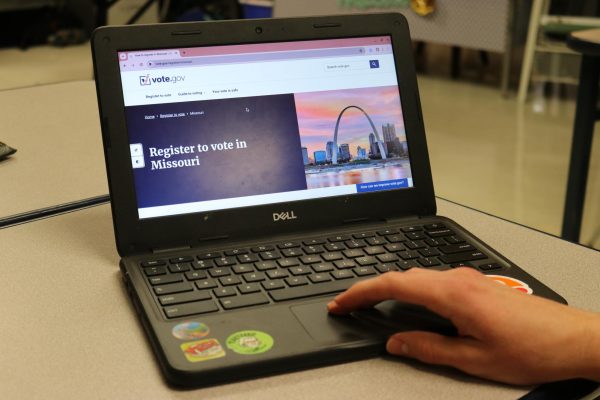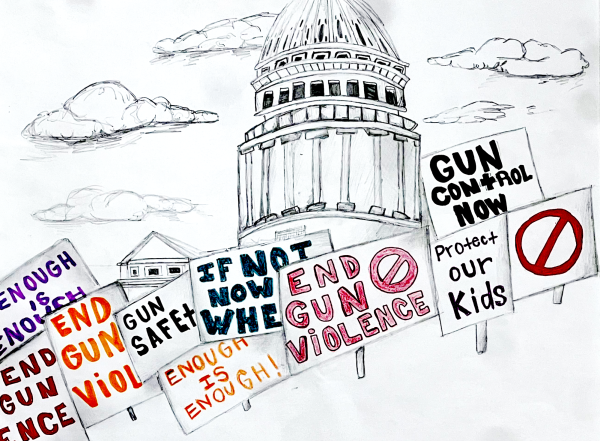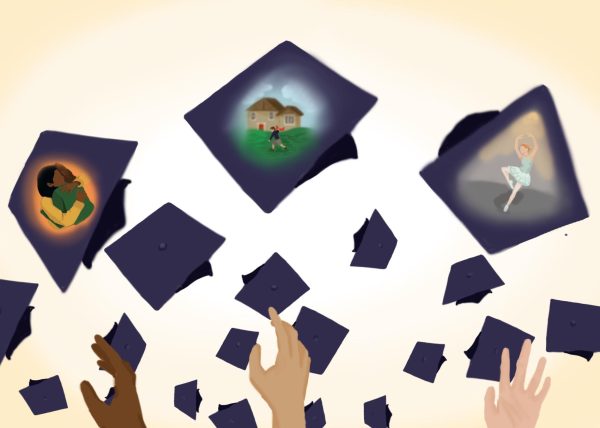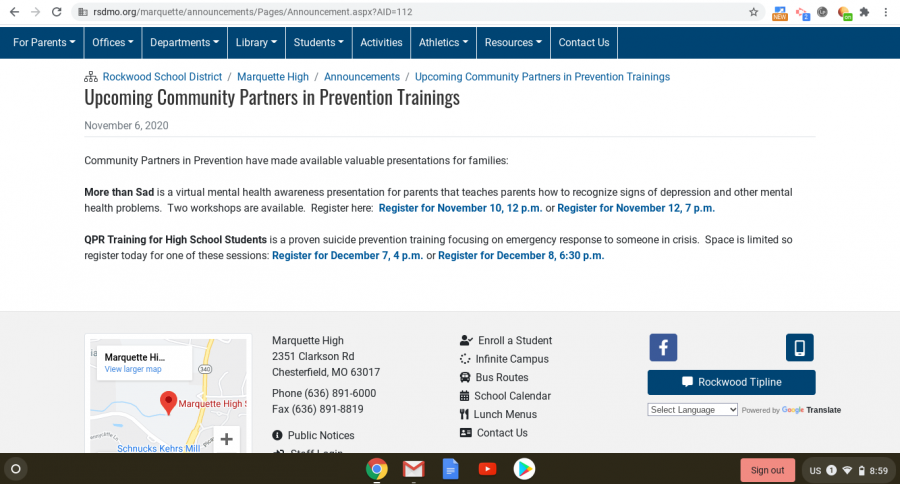Editorial Board: Mental Health Help Still Matters
Media by RSD Website
RSD has begun to offer mental health awareness courses as well as suicide prevention courses. However, making parents and RSD community members aware of these classes still remains a challenge.
For many students, the thought of another day of virtual learning is unbearable.
The same routine of condensed learning and little human interaction has left many thankful for the return to school. But as some students resume in-person learning for the first time in more than eight months, others with underlying health conditions or those who fear contracting COVID-19 will continue virtual learning.
For some students who feel forced to continue virtual learning because of the present situation, this could result in struggles with their mental health due to a feeling of isolation.
In a normal school year, students in need of help have counselors and teachers readily available to them. This year, however, it is harder for students to reach out for help.
During virtual learning this year, RSD has offered various mental health resources to students. One resource is the Mindful Mondays program where students could participate in virtual stress relieving activities and obtain mental health guidance.
More often than not, however, Mindful Mondays focused on career preparation, fitness and academic readiness instead of direct mental health support.
Most of the current mental health services offered by MHS are accessible to students via weekly ENews emails. Resources such as presentations and videos from organizations like Community Partners in Prevention and the American Foundation for Suicide Prevention are linked in these emails.
While these resources may be somewhat helpful, a one-size-fits-all approach rarely does much for students struggling with mental health issues.
Although RSD has been good intentioned with their efforts to offer mental health resources to students during virtual learning, they have failed to make students aware of these resources or extensively involve the parents of struggling students.
In order to truly make its mental health services more effective, RSD must increase awareness that such services even exist, involve parents in mental health education on a wide scale and prioritize having a student-to-counselor connection.
At the beginning of the school year, students were only acutely aware of Mindful Mondays. At that point, this wasn’t a concern because mental health is usually better at the beginning of the school year due to lowered stress.
However, as the year has gone on, more and more students are feeling overwhelmed and don’t know where to turn for assistance. It also doesn’t help that few teachers have mentioned the existence of Mindful Mondays since August.
For students who are at a low point in their lives, a simple mention of services in an email or from a teacher won’t suffice.
RSD must also focus more on teaching parents how to help their children. This means educating parents about warning signs for mental illness, healthy coping mechanisms and how they can reduce stress in their child’s life. For students who are continuing virtual education, parents are often the best people to help because they are often physically closest to them.
Lastly, RSD needs to work to create student-to-counselor connections for every student. We are called in for mandatory meetings with counselors to discuss our schedules, so it does not make sense why we are not called in to meet with them to discuss our mental health.
While we acknowledge the difficulties of reaching out to each student individually due to the current counselor to student ratio, we feel more students could receive personalized mental health support if this effort is taken.
The MHS community is fortunate the return to school has made it easier for students to receive the support they need. That being said, teachers and counselors must acknowledge that being back in person won’t fix every mental health issue and students will continue to have problems.
Your donation will support the student journalists of Marquette High School. Your contribution will allow us to purchase equipment and cover our annual website hosting costs. You may become a PATRON by making a donation at one of these levels: White/$30, Green/$50, Blue/$100. Patron names will be published in the print newsmagazine, on the website and once per quarter on our social media accounts.







